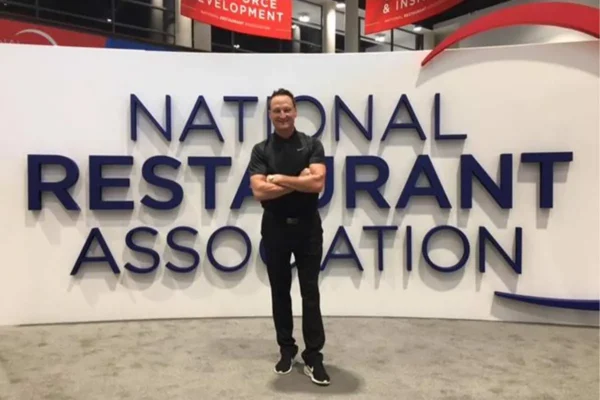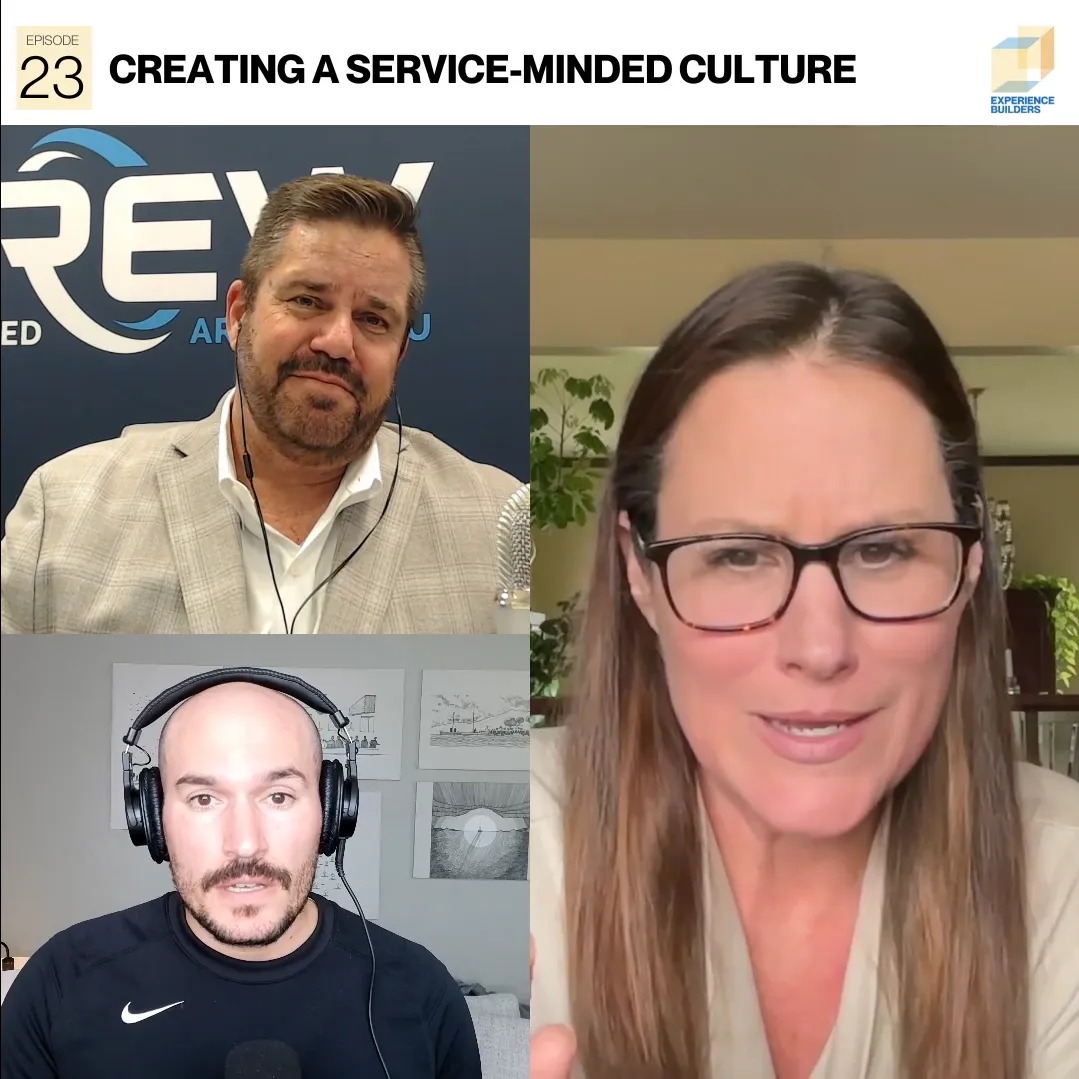By Joe Houle, Experiential Marketer
It’s all about sales! As an experienced salesperson in the experiential marketing world, I have the pleasure of being on the show floor for dozens of trade shows and corporate events each year. As a student of sales craft, I speak with countless Account Executives, as well as the exhibitors with whom they sell their products and services to. In the interest of constantly wanting to learn about the sales process, I ask the question, “Why don’t salespeople follow up on leads?”
In the fast-paced world of sales, following up with leads is a critical step in the customer acquisition process. Yet, it’s a common complaint from businesses and clients that salespeople often fail to follow through. Why does this happen? A closer look at the issue reveals a combination of psychological, organizational, and logistical factors that contribute to this problem.
Fear of Rejection
Sales is, fundamentally, a profession riddled with rejection. After an initial interaction with a lead, salespeople may hesitate to follow up due to a fear of being turned down. This fear can lead to procrastination and avoidance, especially if the lead showed lukewarm interest during the initial engagement. Rejection, even when it’s an expected part of the job, can chip away at a salesperson’s confidence, making follow-up calls feel like an emotionally daunting task.
Lack of Organization
Effective follow-up requires an organized approach to tracking leads, appointments, and communications. Without a robust customer relationship management (CRM) system or a structured tracking process, salespeople can easily lose track of potential clients. Leads may fall through the cracks simply because they are not effectively prioritized or managed. This lack of organization can be particularly challenging when sales teams are juggling a high volume of leads.
Overwhelmed by Quotas and Tasks
Many salespeople are under immense pressure to meet sales quotas and manage multiple responsibilities, such as generating new leads, preparing presentations, and closing deals. Following up on existing leads may take a backseat when new business opportunities seem more promising or urgent. This balancing act often means that follow-ups are either delayed or forgotten altogether.
Misjudging the Lead’s Interest
Salespeople sometimes fail to accurately gauge a lead’s interest or potential. A lead that appears disinterested during initial contact may be prematurely labeled as “cold” and neglected. Conversely, salespeople might place too much emphasis on “hot” leads, believing they require less follow-up effort, which can result in missed opportunities when those leads need nurturing to convert.
Lack of Proper Training and Tools
Not all sales professionals receive adequate training on the art of follow-up. Effective follow-up requires tact, timing, and persistence without appearing overly aggressive. Without clear guidance or access to tools like automated email reminders or analytics to track engagement, salespeople may struggle to find the right balance in their approach.
Poor Time Management
Time management is a critical skill in sales, but it’s not always easy to master. Salespeople often have to divide their time between pursuing leads, managing existing clients, and attending to administrative tasks. Poor planning can lead to inconsistent follow-ups or even neglecting leads altogether.
Conclusion
While failing to follow up with leads can have a significant impact on sales performance, it’s often the result of systemic issues rather than individual shortcomings. Businesses can address this problem by providing their sales teams with the right training, tools, and support to manage leads effectively. Salespeople, on the other hand, can benefit from adopting a proactive mindset and embracing follow-up as an essential step in building strong client relationships. Ultimately, tackling this issue requires a joint effort to create an environment where follow-ups are seamlessly integrated into the sales process.
Joseph Houle has over two decades of strategic sales and marketing experience. His expertise is in experiential marketing and branded environments. Joe is available for consultation / speaking engagements and can be contacted via email at joe.houle@yahoo.com or at (708)305-0220.






























